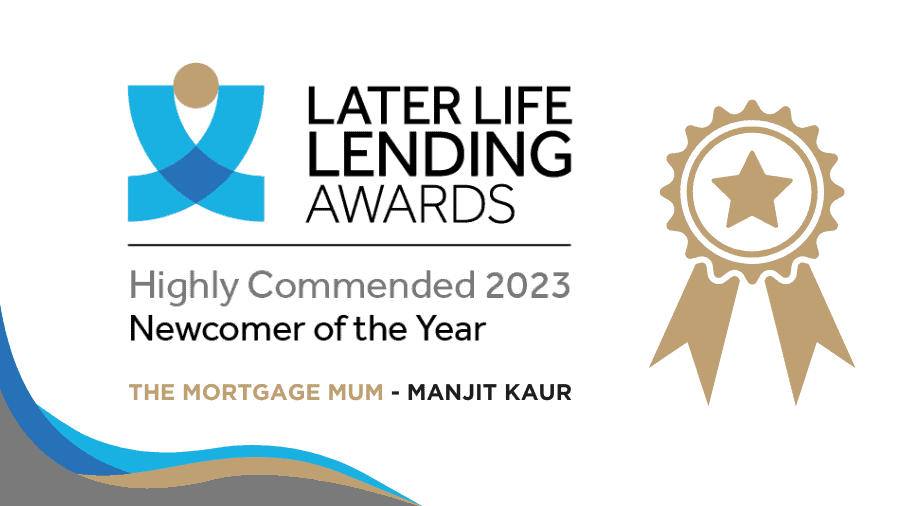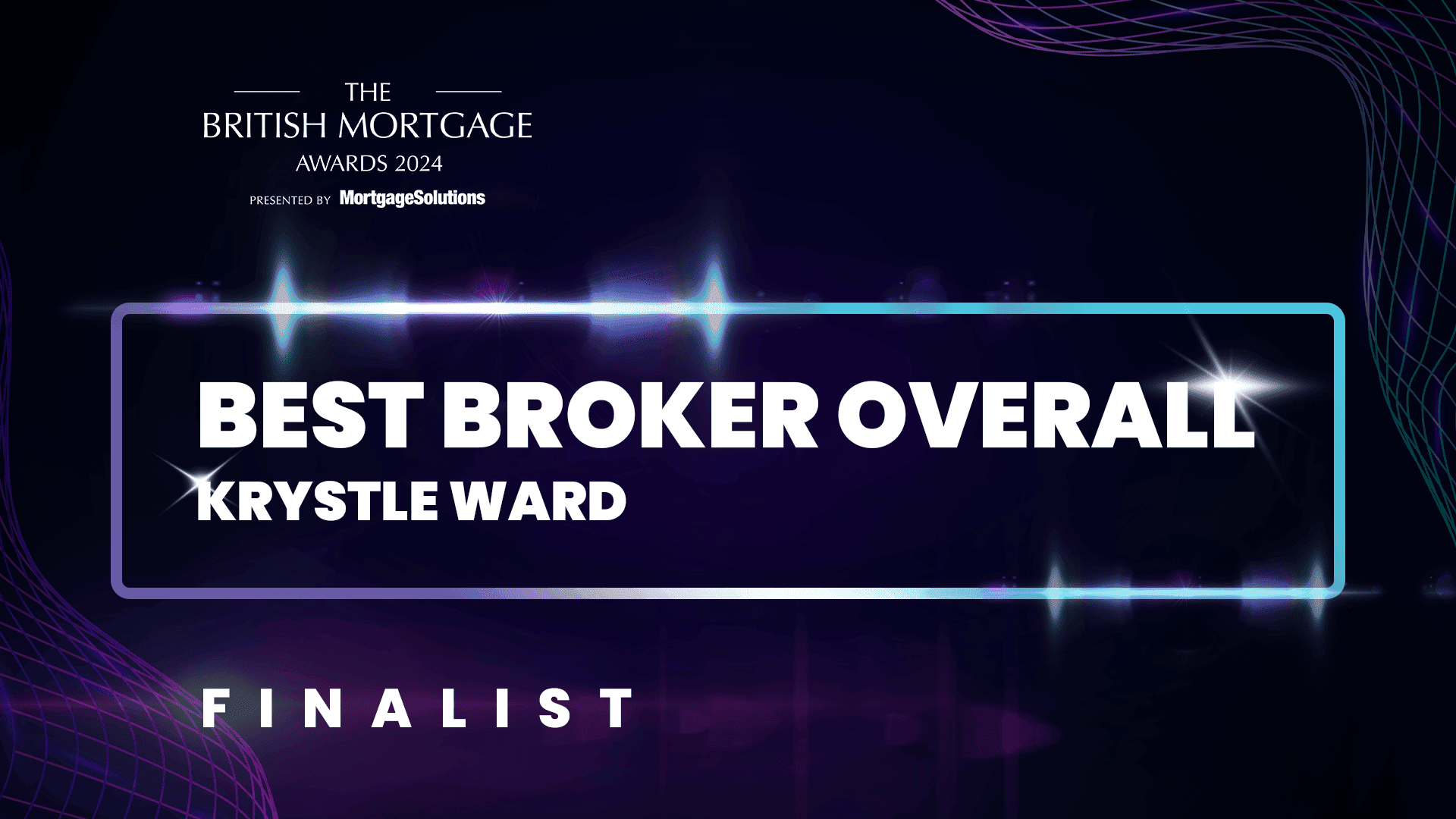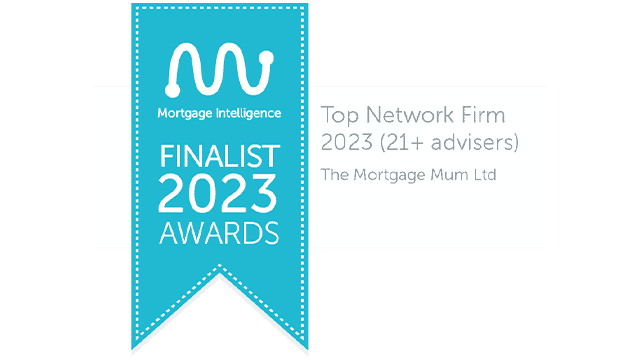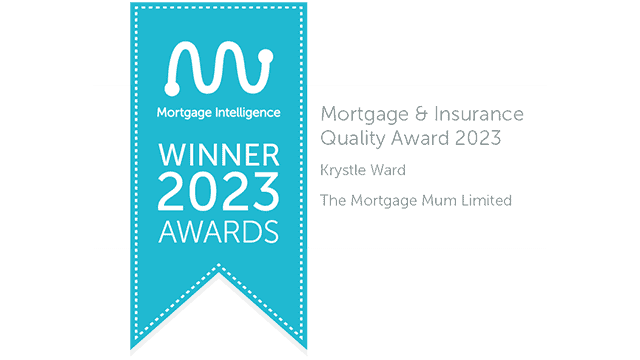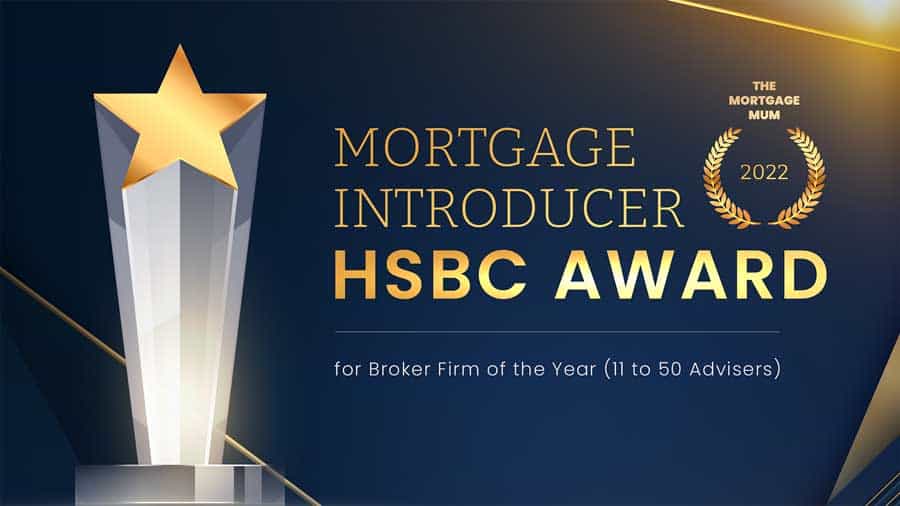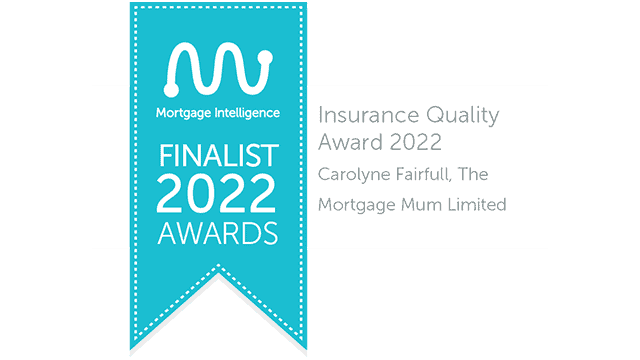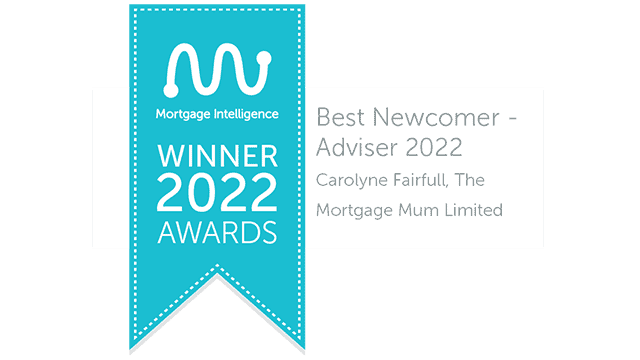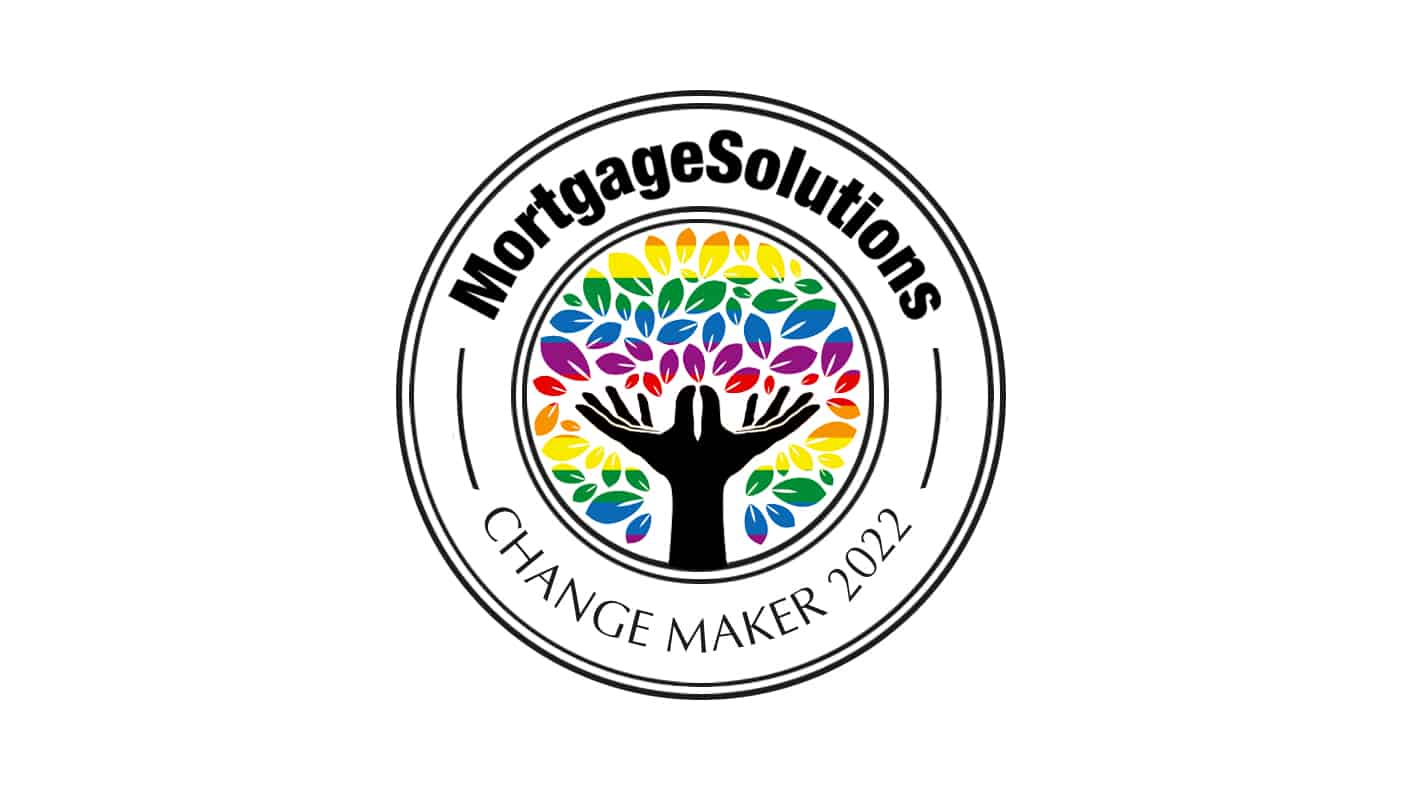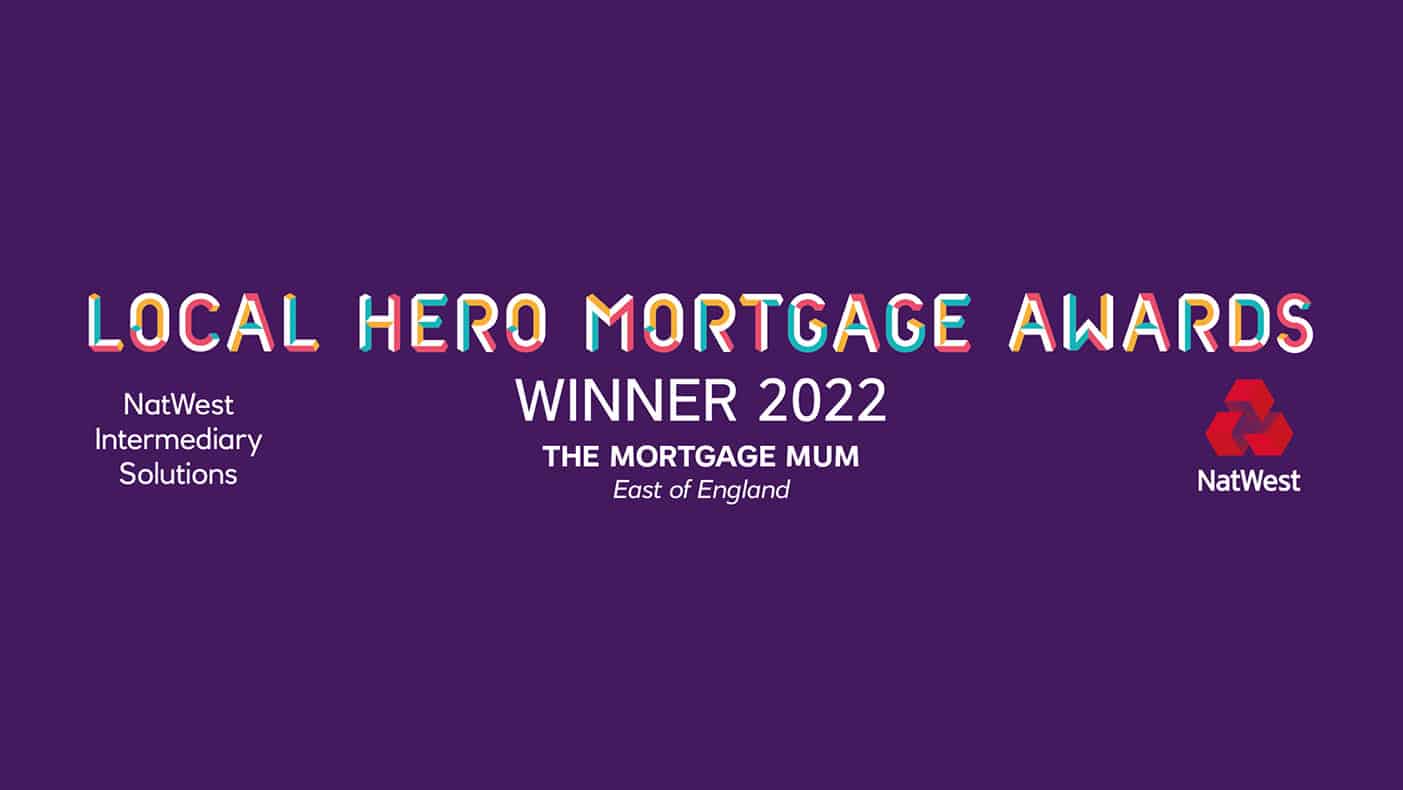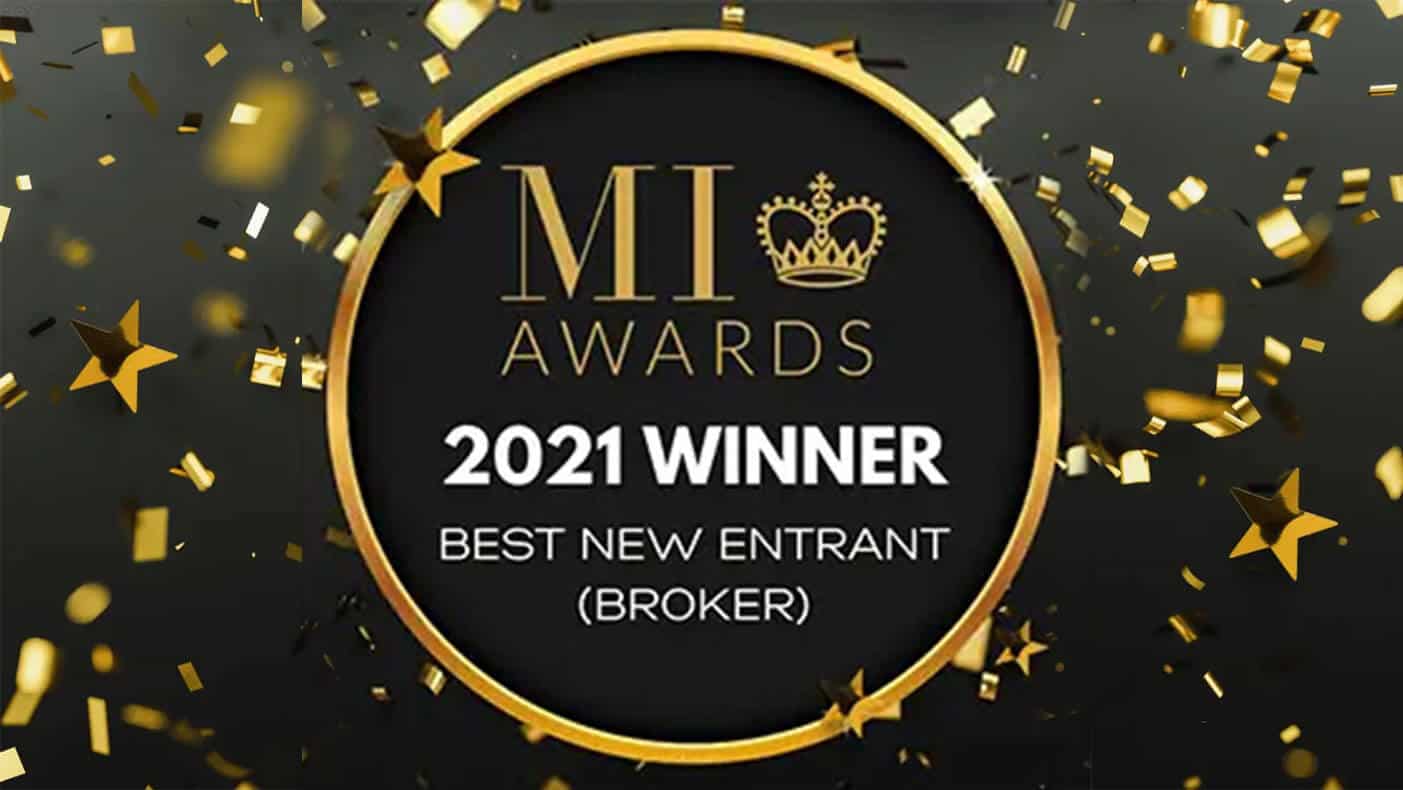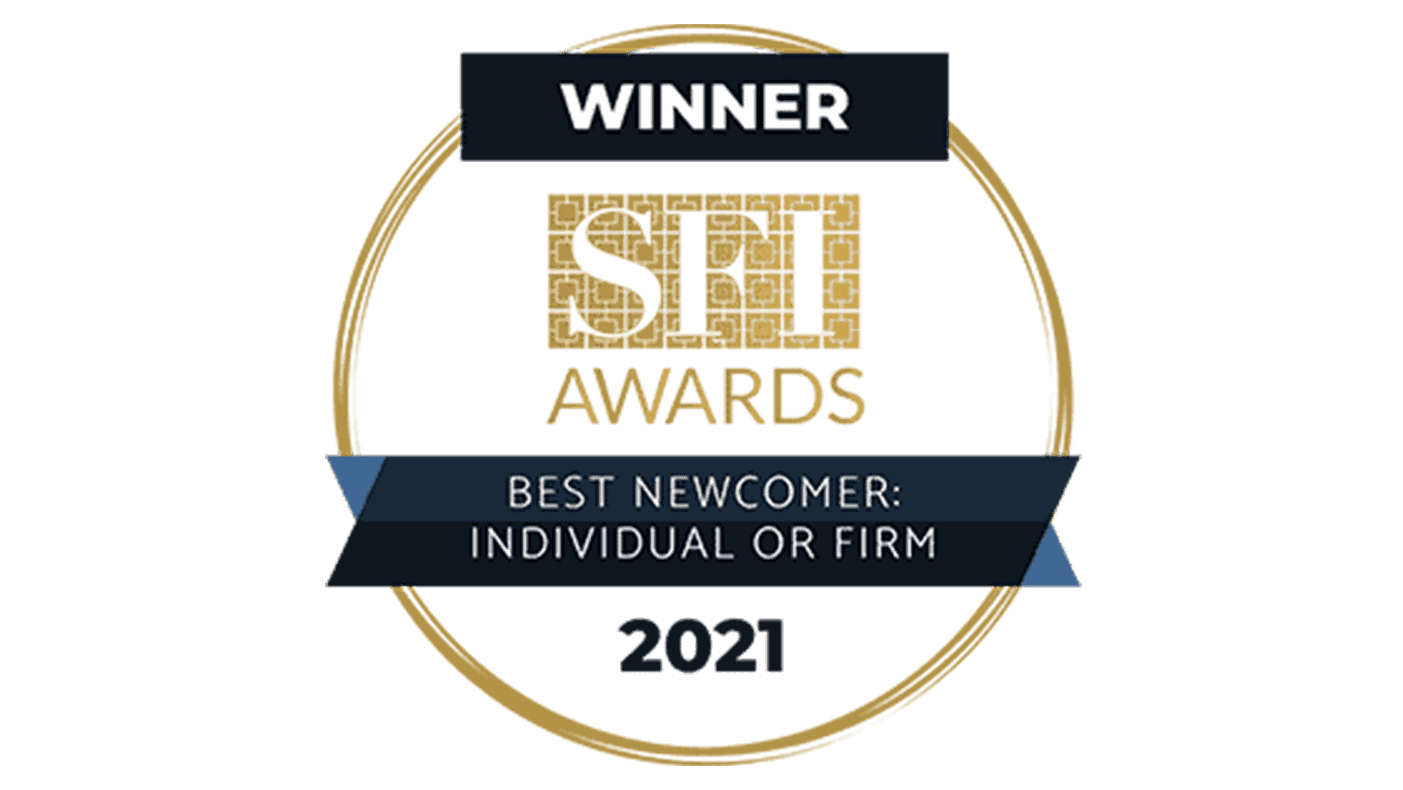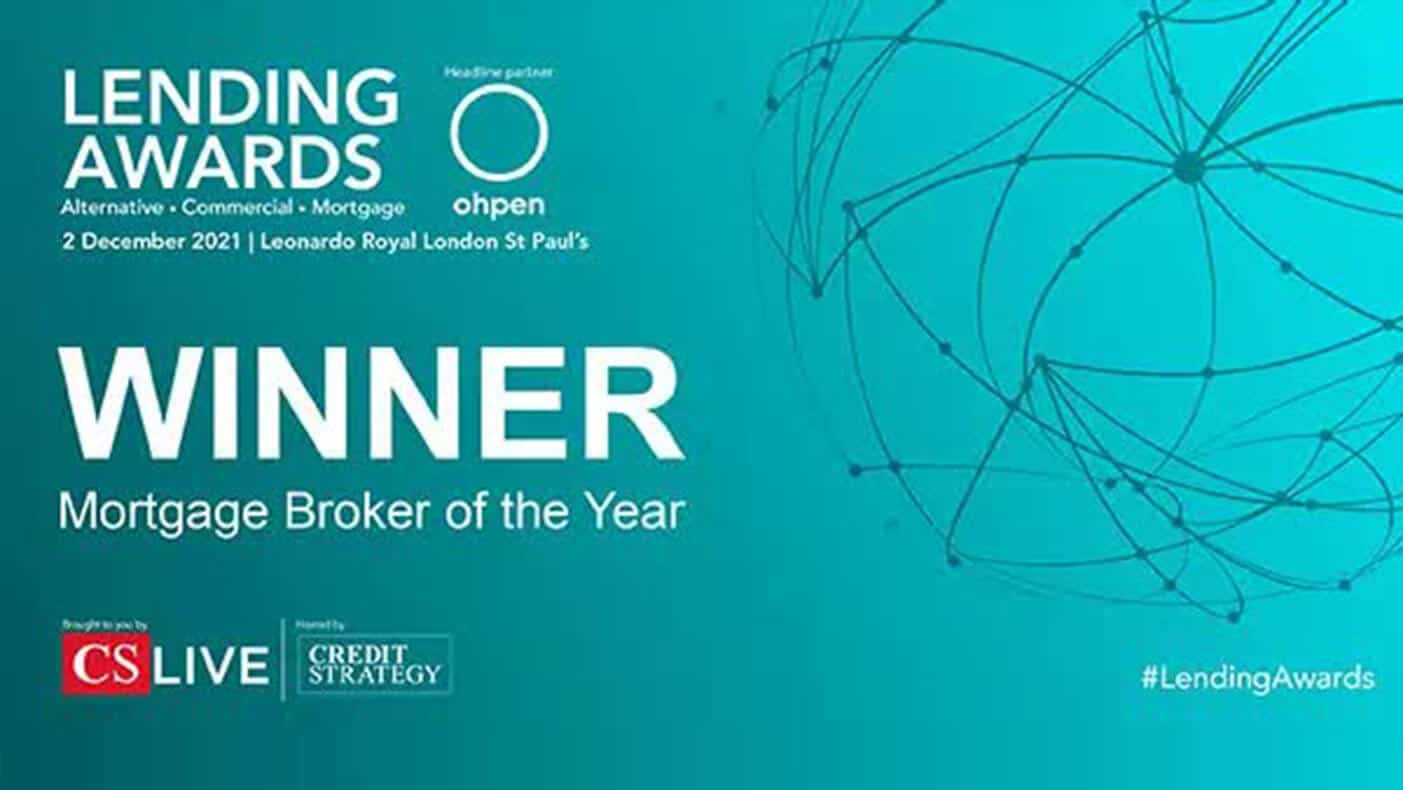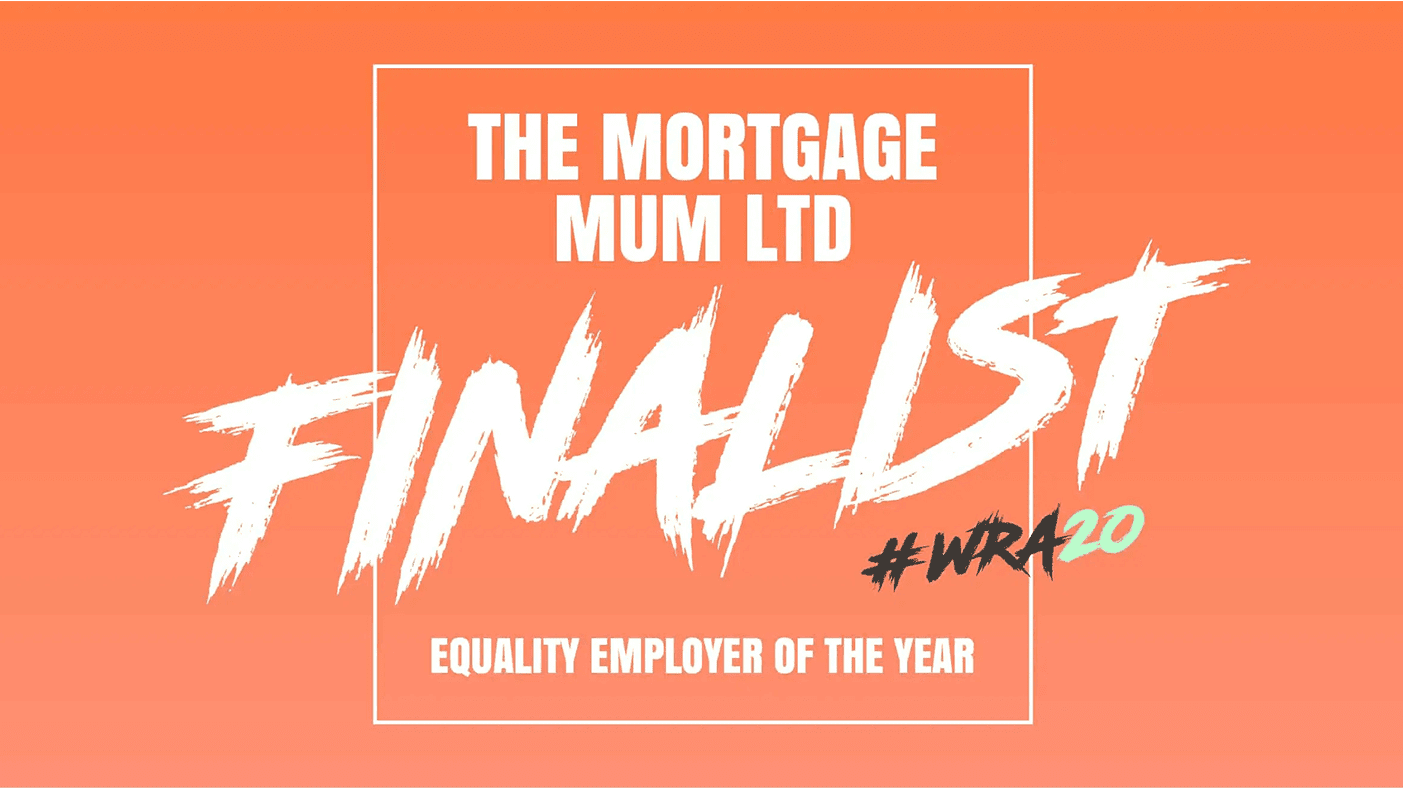The global pandemic has forced thousands of people up and down the country either permanently or temporarily out of work. With a spike in job losses and redundancies, more people than ever have decided to become self-employed. Without a steady, guaranteed monthly income, getting a mortgage while self-employed can be a daunting task, so let’s take a look at the options available to you…
Although there are a few more hurdles to jump to get a mortgage while self-employed, it is by no means impossible. Self-employed borrowers are generally viewed as slightly riskier based on the fact that their income isn’t guaranteed to be regular and there is no insurer to vouch for their salary. Because of this, providers require more information in order to prove a borrower has a suitable ‘track record’.
What counts as self-employed?
Aside from the obvious position of being a sole trader, there are a few other forms of employment that fall into a similar category. Examples of this can occur if you are a partner in a business on a self-employed basis, or if you own a stake of 20%-25% or more in a limited company from which you earn your main income. Although directors of a limited company are not technically self- employed, as an employee of your own business you would fall under the same bracket.
What’s available?
Most lenders will offer the same mortgage deals to self-employed and employed people alike. The difference being that lenders will often ask for extra proof that you have the capability to make the monthly repayments on your mortgage by not only demonstrating your average monthly income, but also your regular monthly outgoings such as subscriptions and household bills. It can be a requirement to provide these figures for up to the previous three years in order to assure the provider that your income is somewhat regular and reliable.
With many people being new to the world of self-employment, the requirements can change. Without the assurance of multiple years’ worth of regular income, there are specialist lenders who have experience dealing with mortgage applications for people who have had less than a years’ experience with being self-employed. For more information on this, it’s worth getting in contact with your adviser who can provide the best outcomes for your individual situation. Most lenders ask for at least two years of being self-employed, so if you haven’t quite reached that milestone – your adviser can help.
Source: Mortgage Intelligence

























